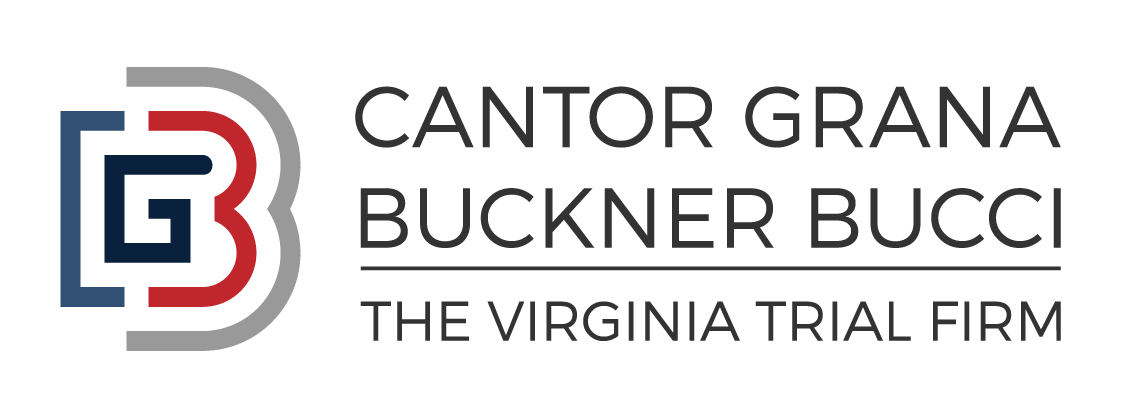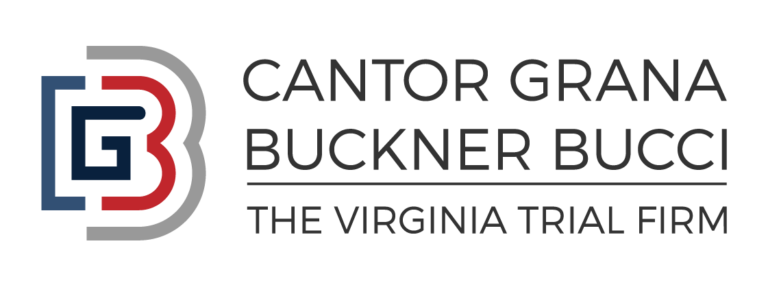Acquired Brain Injury Caused By A Car Accident
An Acquired Brain Injury (ABI) resulting from a car accident is a type of traumatic brain injury that occurs when an external force injures the brain. Car accidents often involve sudden and violent impacts, which can cause the brain to move within the skull, leading to potentially severe and long-lasting consequences. It’s a devastating and life-altering event that affects not only the victim but also their families and loved ones.
Our Experienced Brain Injury Team is Here For You
Our top-rated brain injury lawyers understand the physical, emotional, and financial toll that an ABI can have on a person’s life. That’s why we’re dedicated to helping individuals who have sustained an ABI in a car accident receive the compensation they deserve. Contact our team today for a free consultation.

What is an Acquired Brain Injury?
An Acquired Brain Injury (ABI) is an injury to the brain that is not hereditary, congenital, degenerative, or induced by birth trauma. Essentially, this type of brain injury has occurred after birth and alters normal brain function in some way. The damage can result from a variety of incidents, including traumatic events like car accidents or falls, stroke, brain infections, or conditions like tumors. The effects of an ABI are often multi-faceted and can include physical, cognitive, emotional, and behavioral changes, and the severity can range from mild to severe, depending on the extent of the damage to the brain.
Causes of Acquired Brain Injury
Acquired Brain Injury (ABI) can be caused by a myriad of incidents, both traumatic and non-traumatic. Traumatic brain injury, as the name suggests, is the result of a traumatic event such as a car accident, a violent blow to the head, or a fall. These incidents cause a jarring impact on the brain that can lead to bruising, torn tissues, internal bleeding, and other physical damage to the brain.
Non-traumatic brain injury, on the other hand, is caused by internal factors such as lack of oxygen, exposure to toxins, pressure from a tumor, or neurological illnesses. Stroke, brain infections like encephalitis and meningitis, anoxic brain injury, and conditions like tumors also fall under this category. These types of brain injuries can lead to a sudden alteration in brain function, which can have just as devastating effects as traumatic brain injuries.
Regardless of the cause, the effects of an ABI can be profound and long-lasting, affecting a person’s cognitive, physical, emotional, and behavioral abilities. Each ABI is unique, with effects varying widely depending on the extent and location of the damage to the brain.
Changes After ABI
Changes as a result of an acquired brain injury can include:
Cognitive Changes: These may include difficulties with memory, understanding and processing information, problem-solving, decision-making, and language skills, as well as difficulty concentrating.
Physical Changes: Physical implications can range from headaches, extreme fatigue, and seizure disorders to paralysis, imbalance, and loss of coordination.
Emotional Changes: Emotional changes can involve fluctuations in mood, depression, anxiety, impulsivity, and changes in personality or behavior.
Sensory Changes: Individuals may experience changes in their sensory perception, which can include difficulties in vision, hearing, touch, taste, and smell. An altered sense of touch, in particular, can lead to difficulty with balance and coordination.
Social Changes: The individual may have trouble participating in social interactions or maintaining relationships, which can lead to social isolation.
Each individual’s experience with ABI will be unique, and the extent of these changes can vary widely. It’s important to remember that help and support are available, and with the right treatment and rehabilitation, many people with ABI can lead fulfilling lives.

Proving Brain Damage from an ABI Resulting from a Car Accident
Proving brain damage from an ABI caused by a car accident requires comprehensive medical evidence and, often, the testimony of medical and legal professionals. The first step involves medical diagnosis. A thorough examination by neurologists and psychologists can help detect and document the extent of the brain injury. Various diagnostic tools such as MRI scans, CT scans, or neuropsychological tests can provide crucial evidence of brain injury.
Next, it is essential to establish a clear connection between the car accident and the brain injury. This causation can be supported by medical records, accident reports, and witness testimony. In particular, the timing of symptoms appearing and their correlation with the accident can strengthen the causality argument.
One also needs to demonstrate the impact of the brain injury on daily life. This can be done through personal testimony, documenting changes in behavior, cognitive abilities, physical health, or emotional stability. Relatives, friends, or co-workers can provide supporting statements on noticeable changes post-accident.
Finally, the testimony of expert witnesses is invaluable in these cases. Medical experts can reinforce the link between the accident and the brain damage, while legal experts can navigate the complex legal issues related to compensation. In some cases, a life care planner may be utilized to outline the future needs of the victim.
Remember, each case is unique, and the process of proving brain damage from an ABI caused by a car accident can be complex and challenging. It is advisable to consult with an experienced brain injury lawyer to guide you through this process.
Damages Pursuable After Acquired Brain Injury in Richmond
Following an Acquired Brain Injury (ABI) in Richmond, victims can pursue several types of damages depending on the specific circumstances of their case.
Medical Expenses: These include the cost of emergency services, hospital stays, surgeries, medications, physical therapy, counseling, and future medical expenses related to the injury.
Lost Wages and Earning Capacity: This category consists of compensation for the income lost due to the victim’s inability to work after the injury. If the ABI affects the victim’s ability to earn similar wages in the future, they may also be entitled to compensation for lost earning capacity.
Pain and Suffering: These damages account for the physical pain and emotional distress caused by the injury. This can include depression, anxiety, loss of enjoyment of life, physical discomfort, and other emotional and mental suffering.
Punitive Damages: In cases where the at-fault party’s actions were particularly reckless or malicious, the court may award punitive damages as a form of punishment and to deter similar behavior in the future.
The specific damages and the amount of compensation you may be entitled to can vary greatly depending on the circumstances of your case. It is important to consult with an experienced brain injury lawyer to understand your options.
Seeking Full Compensation From Brain Injury Damages
Accidents resulting in brain injuries are typically unforeseen and can result in catastrophic consequences for those affected. The repercussions can become immensely more severe when the injury is a result of another person’s negligent, reckless, or aggressive actions. Victims of brain injuries are entitled to fair recompense to facilitate the start of a new chapter in their lives, enabling them to regain the confidence to rebuild their lives.
The amount of compensation you can secure may not fully cover your damages due to limitations in the responsible party’s financial means or insurance coverage. To gain an estimate of the value of your injury claim at no cost, get a free consultation with a skilled attorney from Cantor Grana Buckner Bucci.
It’s a known fact that insurance companies often deny personal injury claims. If you find yourself in such a situation, we are prepared and equipped to challenge your insurer in court. After an accident, diagnosing a head injury can be a challenging task. Symptoms can remain undisclosed for an extended period, especially in cases of mild brain injuries. As brain injuries can affect anyone at any time, the capability to secure ample compensation is uncertain.

Our Brain Injury Expertise
Our personal injury law firm boasts profound expertise in handling complex and highly specialized cases, particularly in the field of brain and spine injuries. Our dedicated team of brain and spine injury specialists consists of Irv Cantor, Stephanie Grana, Elliott Buckner, Scott Bucci, Joseph Cantor, and Anne McDonnell, along with our expert legal support staff, which brings unparalleled acumen to these highly complex case types.
Our top-rated brain injury attorneys, backed by an in-depth understanding of the complexities and intricacies involved in these cases, have a successful track record of achieving the desired results.
We Fight For You
If you have sustained an acquired brain injury due to the negligence of another party, reach out to an accomplished Richmond brain injury attorney at Cantor Grana Buckner Bucci. We have the expertise to accumulate the necessary evidence to help you secure fair compensation. Contact us as soon as possible for a complimentary evaluation of your case.











